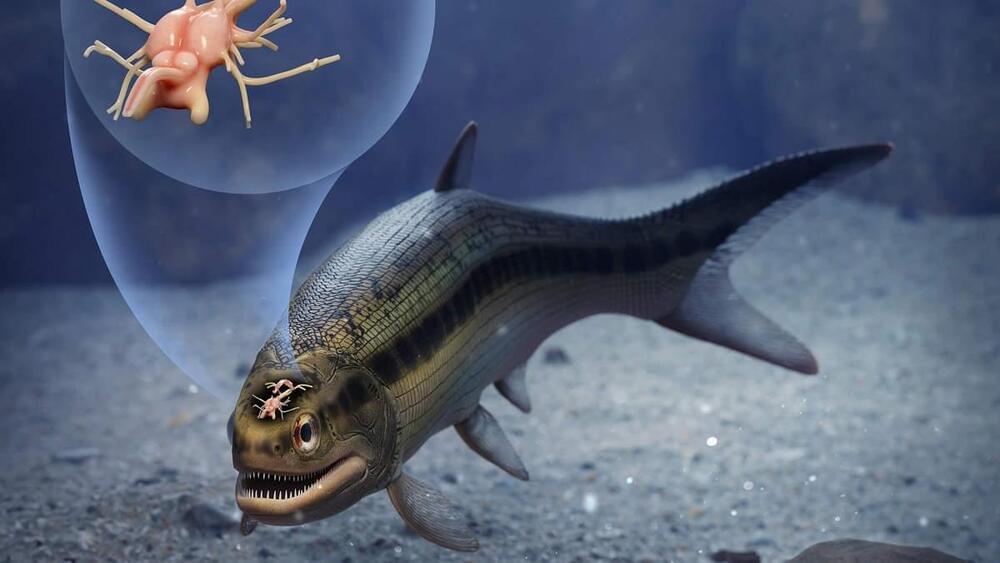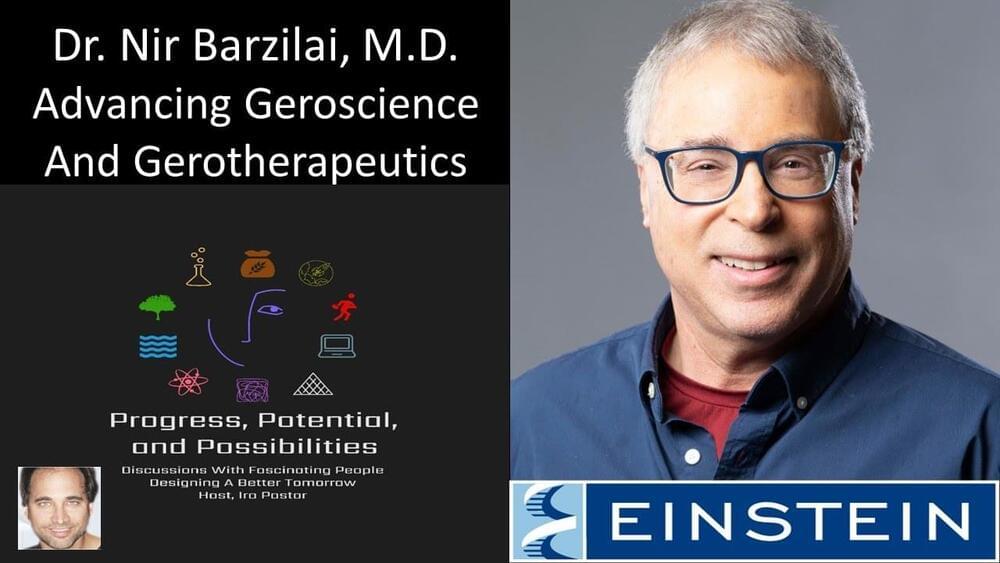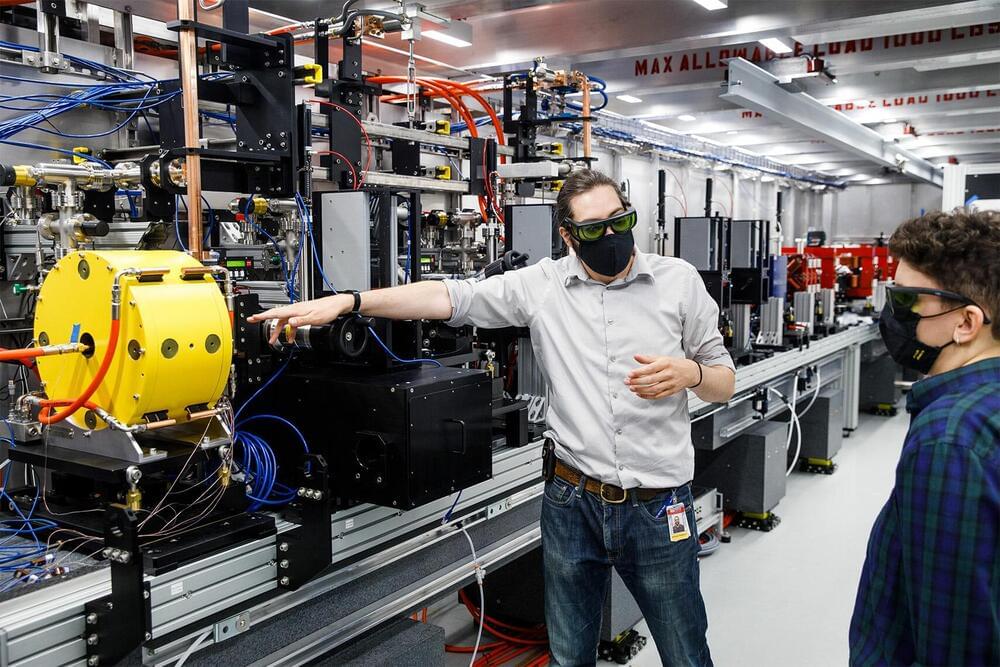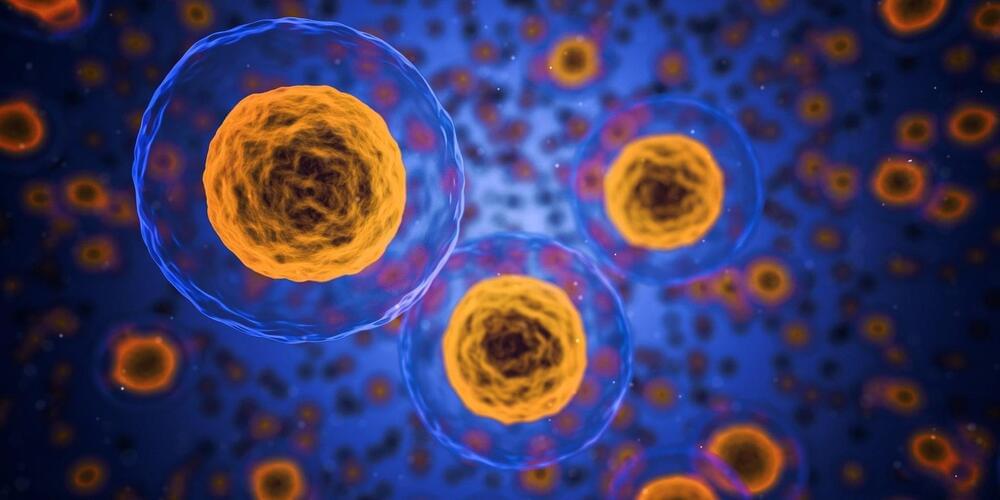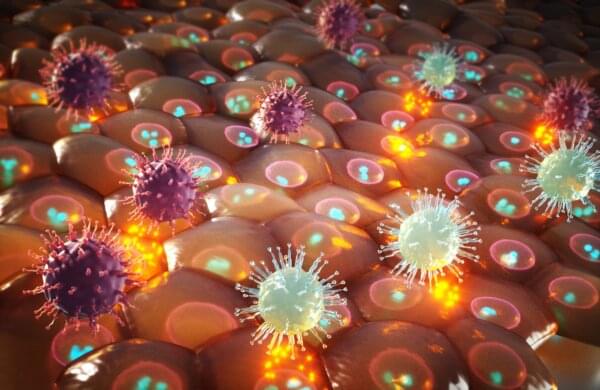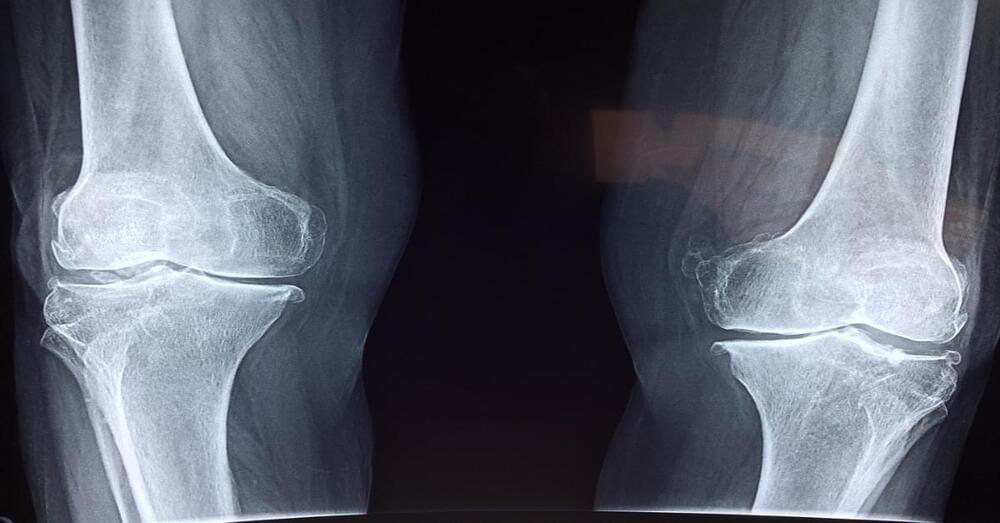Feb 7, 2023
The Power Source of The Universe — Can Nuclear Fusion Help us Reach Type 1 Civilization?
Posted by Dan Breeden in categories: biotech/medical, nuclear energy
Human civilization has achieved some incredible things during its short reign on this planet. Technological development over the past 5,000 years of human civilization has led our species to dominance of life on Earth and placed us on a pathway to achieving a Type I civilization.
To reach even the basic level of a “Kardashev Type 1 civilization” we must do two things:
Develop more advanced technology and share it with all responsible nations.
Make renewable energy accessible to all parts of the world.

